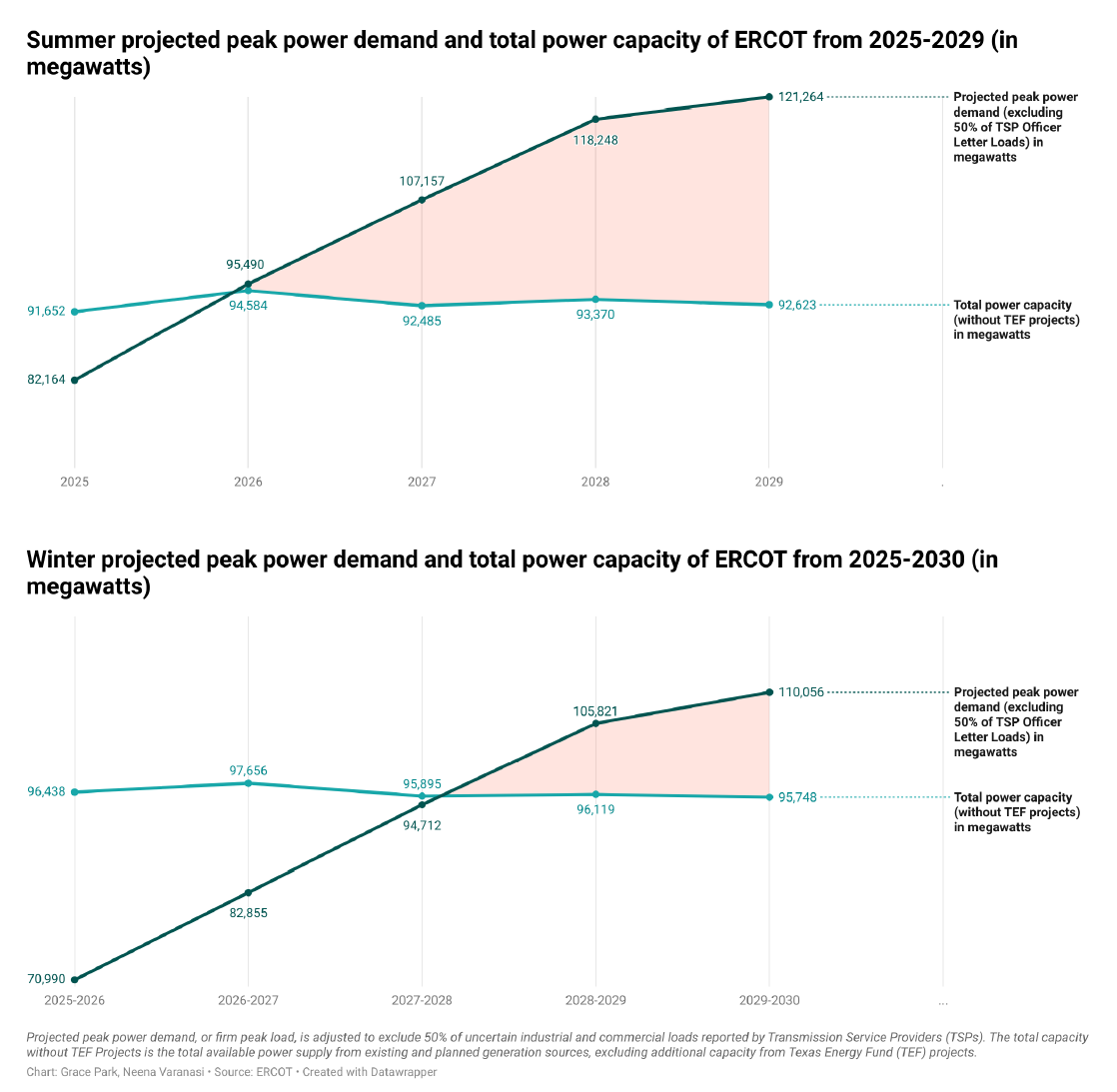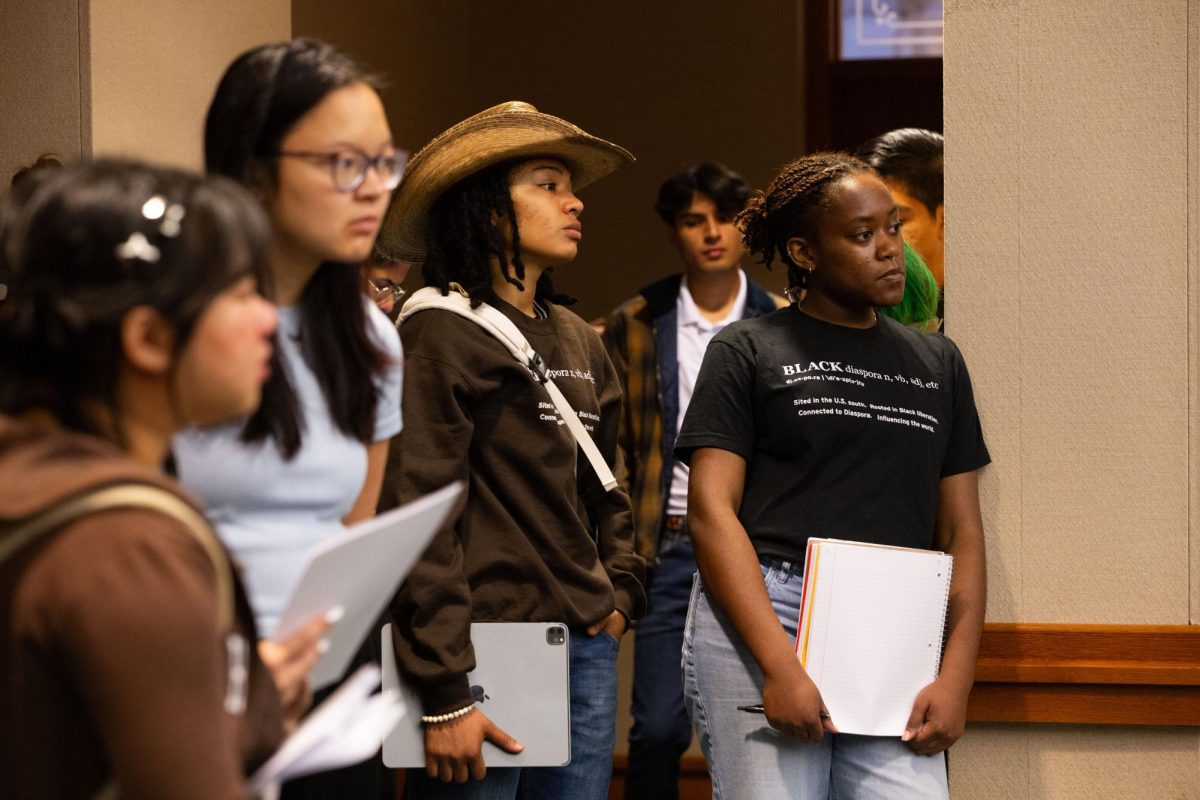While both the Dell Medical School and the UT-Rio Grande Valley School of Medicine will educate more physicians in Texas, a panel of doctors at The Texas Tribune Festival on Saturday, along with state Sen. Kirk Watson, D-Austin, reiterated the pressing need for more physicians throughout the state.
During the discussion, which was held in Robert A. Welch Hall, Watson said Texas is still below the national average on the number of doctors per 100,000 people.
“The national average is around 240 doctors per 100,000. In Texas it’s 170, and in the Valley it’s 107,” Watson said. “In the area of pediatrics and psychology, we’re below 60 percent of the national average.”
Although the two new medical schools are scheduled to open within the next few years, Tedd Mitchell, president of the Texas Tech University Health Sciences Center, said graduates will still be competing for a limited amount of residency spots in Texas, a number that is not growing as quickly as medical education in the state. Mitchell said if the number of spots does not increase, graduates could be forced to look elsewhere to complete their medical training.
“It’s cheap to go to medical school in Texas, which is a great thing, but the state will be in the habit of educating here and sending them to, heaven-forbid, Oklahoma, or New Mexico or Louisiana,” Mitchell said. “We want them here.”
The doctors on the panel also discussed the need for more primary care doctors in rural areas, positions that don’t offer as many financial incentives as specialty care.
“We need to look at what is drawing people away from rural areas and what is drawing people away from primary care,” said Clay Johnston, the inaugural dean of the Dell Medical School.
Brett Giroir, CEO of the Texas A&M Health Science Center, said the future of medical education would involve more of an interdisciplinary approach.
“We’re entering a really new era that’s not just about hard science in one field,” Giroir said. “It’s about the combination of multiple disciplines, all to create a sustainable, affordable, accessible health care system that provides the benefits for all across the board. Physicians don’t usually understand that or get the training in that. We are all looking at different ways to train physicians for the next 100 years.”
Johnston echoed Giroir's sentiments.
“Facts aren’t worth as much as they used to be,” Johnston added. “Human memory is very fallible, and a cell phone and Google are much less so. Learning how to find information and synthesize it, and how to use that to problem-solve with patients is another aspect of how medical education is changing.”




















